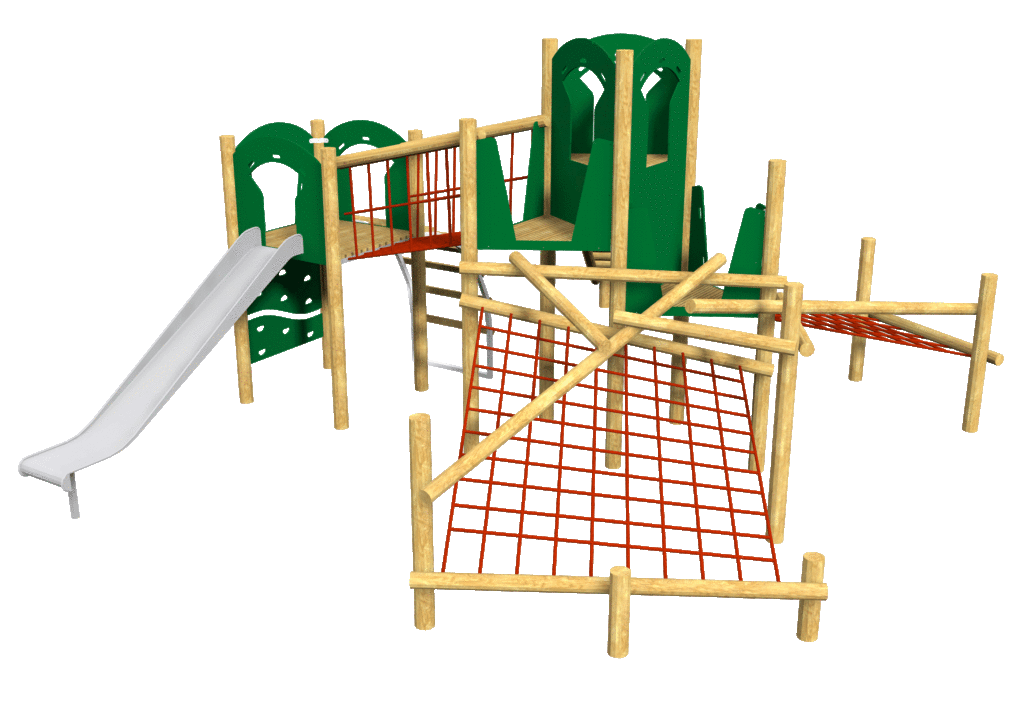- Products
-
-
The Image Range
Explore our range of playground equipment, shelters, seating and safety surfacing.
We also produce many bespoke pieces themed to specific projects, so if you’ve got something in mind, or you’re looking for ideas we’d love to talk it through – just get in touch.

-
-
- Key Projects
- Testimonials
- About
- Blog
The Impact of Outdoor Playgrounds on Children's Development

When we think about childhood memories, the image of children playing in outdoor playgrounds often comes to mind. These vibrant spaces offer more than just a place for kids to burn off energy; they play a crucial role in a child’s development. Let’s explore the myriad benefits of outdoor playgrounds and how they contribute to children’s physical, cognitive, and emotional growth.
Benefits of Outdoor Playgrounds
Outdoor playgrounds offer a multitude of benefits for children. From a physical perspective, they provide the perfect environment for kids to enhance their motor skills. Climbing, swinging, and running help develop strength, balance, and coordination. Additionally, these spaces foster social interaction, teaching children critical social skills like sharing, communication, and teamwork. Moreover, outdoor play encourages imaginative thinking, allowing kids to create their adventures in a world of endless possibilities.
Cognitive Development
The cognitive benefits of outdoor playgrounds cannot be overstated. Engaging in various activities in these settings helps children:
- Problem-solving: One of the key cognitive benefits of outdoor play is the development of problem-solving skills. Children who encounter obstacles or challenges on the playground are given opportunities to think critically and devise solutions.
- Decision-Making: Outdoor play also promotes decision-making skills. Children often must choose between different play activities or determine the best approach to achieve their goals.
- Creativity and Imagination: It encourages creativity and imaginative thinking. The open-ended nature of play in these spaces allows children to invent scenarios, role-play, and create stories.
- Exploration and Discovery: Outdoor playgrounds also provide opportunities for exploration and discovery, which are fundamental to cognitive growth. Children can investigate the natural environment, expanding their knowledge and fostering a sense of curiosity and wonder, which are essential components of cognitive development.
- Learning Through Play: Children learn through hands-on experiences, trial and error, and interactive play with peers. These experiences lay the foundation for their cognitive abilities, preparing them to tackle more complex intellectual challenges as they grow.
Emotional Well-being
We often forget the significant positive impact outdoor play has on children. Outdoor playgrounds provide a nurturing environment that significantly influences children’s emotional well-being. These spaces offer stress reduction and anxiety relief through natural settings and physical activities that release mood-enhancing endorphins. Moreover, outdoor play fosters a profound sense of achievement as children conquer challenges, boosting their self-esteem and self-confidence. It encourages independence and responsibility, enabling kids to make decisions and learn accountability. Interactions with peers on the playground contribute to social and emotional learning, enhancing emotional intelligence and empathy.
Additionally, outdoor play equips children with vital coping skills to face life’s challenges with resilience. It nurtures a connection with nature, fostering an appreciation for the natural world linked to improved emotional well-being. Outdoor playgrounds provide a safe space for emotional expression and release, allowing children to run, shout, and play freely, promoting emotional regulation and a healthy emotional balance. These spaces are not just venues for physical activity; they are crucial in shaping emotionally resilient and well-adjusted individuals, offering a solid foundation for lifelong mental health and well-being.
Physical Health and Fitness
Outdoor playgrounds play a vital role in promoting physical health and fitness. Encouraging children to be active in these spaces can:
- Preventing Childhood Obesity: Childhood obesity is a growing concern worldwide, with significant long-term health implications. When children play outdoors, they burn calories and maintain a healthy weight.
- Bone Health: Sunlight exposure during outdoor play is essential for the body’s production of vitamin D, which, in turn, is critical for bone health.
- Healthy Lifestyle Habits: Engaging in active play in outdoor playgrounds establishes healthy lifestyle habits from a young age. Children who grow up enjoying physical activities are more likely to continue these habits into adulthood.
- Social Interaction and Physical Play: Outdoor playgrounds are conducive to physical activity and provide opportunities for social interaction. Active group play promotes teamwork, cooperation, and the development of interpersonal skills.
The Role of Public Spaces
Public parks and community playgrounds are integral to the growth and well-being of children. Local authorities and communities must prioritise the development and maintenance of these spaces. They provide a sense of belonging and encourage outdoor play, fostering healthy and active communities.
Outdoor playgrounds are not just places for children to have fun but are essential for holistic development. These vibrant spaces nurture physical, cognitive, and emotional growth, helping children become well-rounded individuals. Contact us for playground solutions that captivate and engage young minds and promote their physical well-being and healthy development.